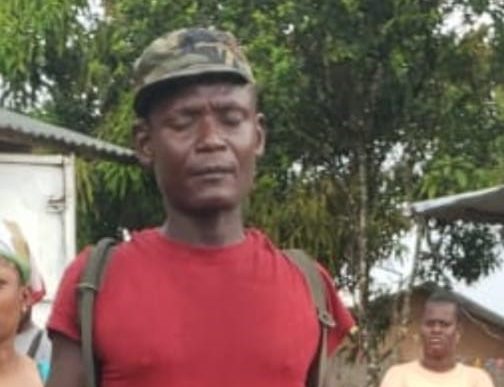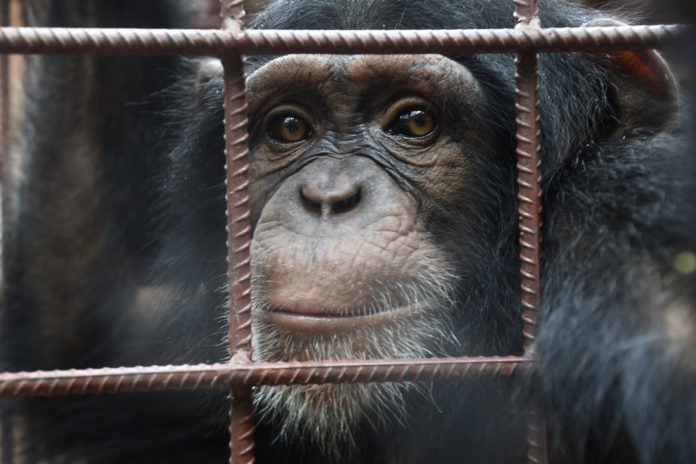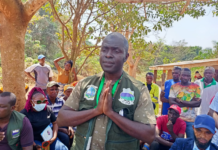The Monrovia City Court has arrested and is prosecuting a 51-year-old man identified as Bobby Domah Parker for allegedly subjecting a chimpanzee to excessive consumption of alcoholic beverages and smoking cigarettes, resulting in the animal becoming more aggressive and posing a risk to community dwellers.
Magistrate L. Ben Barco of the Monrovia City Court ordered the arrest of defendant Parker on May 1, 2023, thereby bringing him under the jurisdiction of the court to face trial for possession of a live animal without a permit and cruelty to animals.
According to court documents, between January and May 1, 2023, the defendant, without a permit or license to keep such a live animal, intentionally possessed the chimpanzee and subjected it to cruelty by providing excessive amounts of alcohol and cigarettes.
The court records state that Defendant Parker’s actions of giving alcohol and cigarettes to the animal exposed it to imminent danger, causing it to roam around the community and occasionally chase after community dwellers, even attempting to bite some of them.
During the investigation conducted with the defendant, he openly admitted to being the owner of the rescued chimpanzee, which he purchased for USD 350 from an individual only known as “Issa.”
The investigation also revealed that the animal had been in the custody of defendant Parker for over a year, and he had named it “Serena.”

has been holding Chimpanzee in captive as pet for more than a year
Furthermore, the investigation established that the defendant had failed to keep the chimpanzee in a secure area, allowing it to freely roam around the community in Samukai Town, Monrovia.
In addition to the above findings, it was discovered that defendant violates section 6.2.3 of the 2017 amended National Wildlife Law of Liberia.
Section 6.2.3 of the 2017 amended National Wildlife Law of Liberia states that the authority may establish through regulation, a permitting regime to define and implement Wildlife Use Rights application procedures (including criteria for eligible applicants), and prohibitions, with respect to the following activities: (a) hunting (b) agricultural\ activities in multiple sustainable use reserves, buffer zones and community-owned forest areas; (c) education and scientific activities (d) non-timber forest product extraction (e) wildlife captive breeding.























